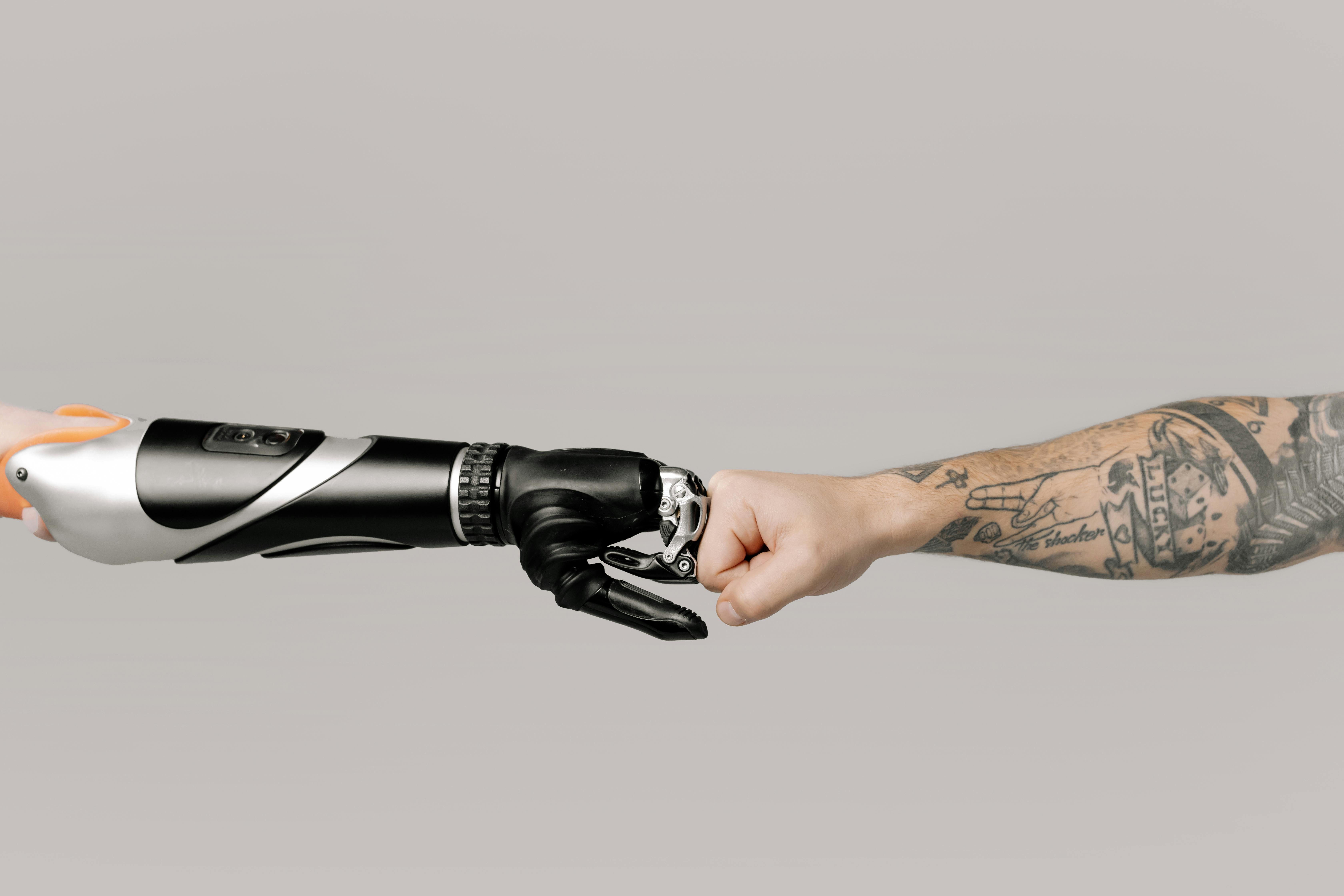Mike Marks has been working with artificial intelligence since 1985, when his small business acted as a test site for a major tech company. Mike is a co-founder of Indian River Consulting Group, which has worked with distributors and manufacturers across every vertical since 1987. Marks has served as a senior research fellow for the National Association of Wholesaler-Distributors and is on faculty for Purdue University’s University of Innovative Distribution.
We spoke with Marks about how distributors can leverage the power of AI, the best way to introduce new technology to sales teams, and the ever-widening gap between early and late-tech adopters.
Proton: You’ve been involved with AI in some form for more than 30 years. What drew you in and keeps you interested in the potential for AI in this industry?
Mike Marks: The book Vaporized: Solid Strategies for Success in a Dematerialized World by Robert Tercek talks about the disruption of artificial intelligence – how companies will take a manual process, an analog process of how people do things, and find a way to put artificial intelligence in it. By adding AI, these companies take the friction out of the process. They make whatever it is faster, more responsive and less costly.
What’s going to happen — and what we’re seeing with companies like Proton — is that these AI companies will pick a very specific application and build it out with significant depth.
Proton: How does this narrow focus help distributors?
Marks: By going an inch-wide and mile-deep, Proton is taking something and making it digestible. Distributors are trying to figure out how to grow. They’re all under pressure for margin and new competition. These solutions can move the needle almost instantly and benefit outside sales, inside sales and customer service.
Proton: What’s the problem with traditional CRMs, which historically have been the central repository for this kind of information?
Marks: CRM stands for customer relationship management, which has nothing to do with what the solution actually does. Companies use it to gain accountability. One of the big issues is that sales reps have all this knowledge about their clients and relationships in their head, which is valuable information, but they’re reluctant to share it for fear of being replaced either by someone else or by technology. CRMs basically take that insider knowledge and make it available for everyone. The other issue is the lack of integration between outside and inside sales.
By incorporating AI into this mix, distributors and their sales teams gain insight into where they need to spend their time to hit corporate objectives. CRMs aren’t a management-control device. They’re meant to help salespeople make better decisions on how to spend their time. But data input can take a long time, which is another area where AI can help.
At IRCG, we’ve found that around 90% of sales to existing customers are repurchases. Insights like this can help sales reps focus on what the customer really values – while improving the customer experience.
Proton: Given your experience, why are sales reps so reluctant to adopt new technology?
Marks: I’ve seen a lot of companies mess up CRM systems. The CRM failure rate is the highest of any software application that exists in business. Companies buy a software and then enforce it without training or onboarding. Getting buy-in begins with leadership. Start talking about AI and how the dashboards work, what insights the team can gain, then all of a sudden, the team will start to see the benefits and feel less paranoid and suspicious.
I think it’s beneficial for sales reps to see how the software can make their lives easier. With AI, the more data it gets, the smarter it becomes. It will start offering recommendations and helping sales reps be more specific and insightful with their calls and pitches.
Proton: These changes in interactions between sales reps and their clients supports a better customer experience.
Marks: Exactly. The key is that customers are happier. We’re not trying to disrupt personal relationships. Rather, we’re trying to take the customer-facing staff in distribution companies and elevate them. For example, arming salespeople with support tools and AI can strengthen a customer’s connection to their distributor. Salespeople can move from transactional activities to helping customers solve problems and creating recurring revenue streams.
Think about purchasing something from Amazon. Their AI technology shows you what other people bought with that same product or offer other recommendations. That’s what you guys have done at Proton: Apply the same model to distribution customer-facing activity. For example, a customer calls and they’re buying electrical wire. I know they need connectors and maybe some conduit. I can refer to my CRM and offer these informed suggestions.
Proton: And we know that distributors are great candidates for AI given the vast amount of data they accumulate!
Marks: Absolutely. The more it’s used, the better it gets. I could be talking to a customer and their account will tell me that they’ve bought a particular product every three months for the past two years, but it’s been three months since they made a purchase, which would prompt me, the sales rep, to inquire.
Proton: Do you think the gap will continue to widen between early adopters and everyone else?
Marks: Yes. There are some companies that have been on the sales transformation journey for five years, and they look very different than somebody who’s just thinking about starting. The gap between the leaders and the followers is getting bigger. But the problem is more about leadership providing the space and time for learning the new technology. The technology becomes easier and more widely adopted when it’s gradually introduced.


.png)
.png)


.png)